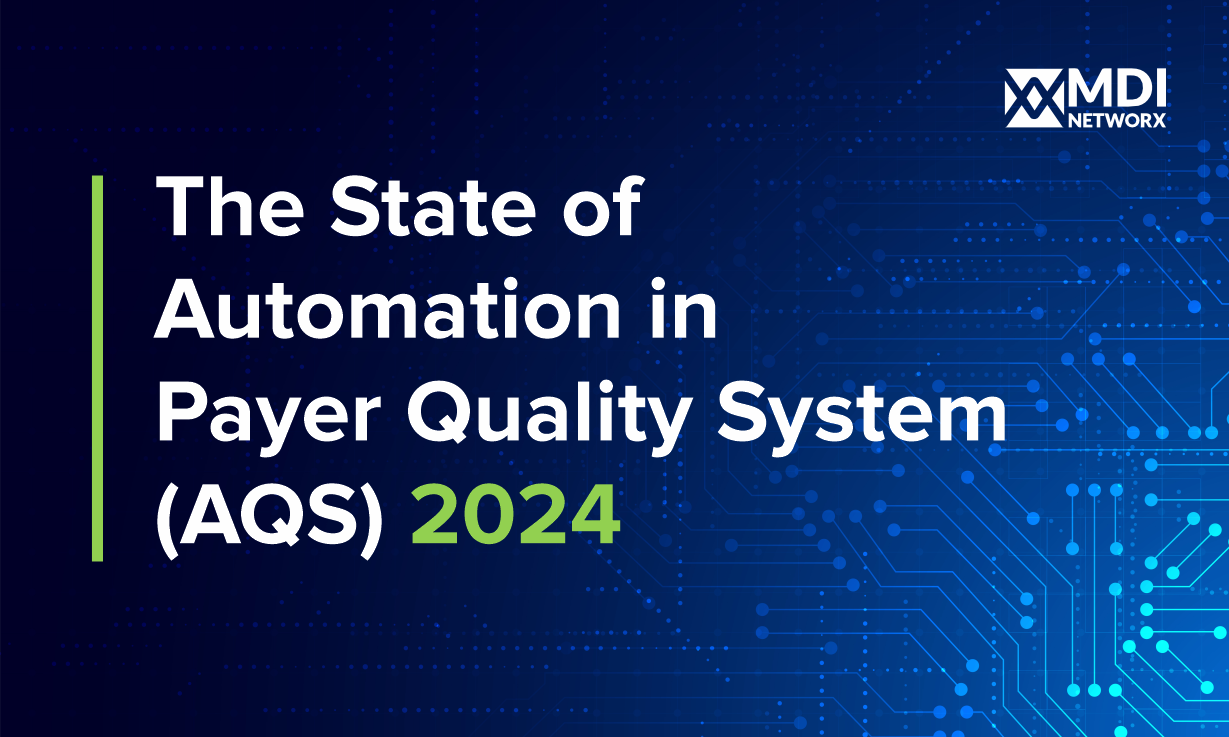Health care organizations increasingly recognize that RCM is a critical element in their financial health. However, as the complexity associated with the billing process, regulatory requirements, and claim management grows, RCM itself has become a challenge. And that is where data analytics plays its role-not just providing insight but the tools to make better decisions, reduce inefficiency, and improve revenue.
In fact, studies show that advanced data analytics solutions can enable healthcare providers to bring down claim denial rates by even up to 20%. Let's delve deep into details on how data analytics renews RCM and raises the bar for financial operations in healthcare.
How Data Analytics Are Revolutionizing Revenue Cycle Management
Data analytics for revenue cycle management is not just performance monitoring but a drive for strategic decisions based on real insights in real time. The modern healthcare landscape is just filled with data, and organizations that use this to optimize their RCM processes are experiencing better financial outcomes.
Predictive analytics, for example, can forecast the trends in payment and highlight where bottlenecks are likely, which administrators could try to resolve before they become a problem. Not only does it lend insight into past trends and reasons for claims denials, but real-time analytics enables quick responses to resolve these issues before they finally culminate in delays of payments.
In doing so, it brings in the optimization of the revenue cycle where the entire workflow-from patient registration to final payment-operates more smoothly, with fewer mistakes and faster resolutions. It also plants insights on analytic aspects into patient payment habits that potentially enhance collection strategies.
Key benefits of revenue cycle optimization through data analytics
1. Reduce Denials and Improve First-Pass Adjudication Rates
Considering the numerous benefits of data analytics, perhaps its most strong function regarding revenue cycle management is that it can greatly reduce claim denials. Similarly, research has indicated that the organizations of health may lose as high as 5% in revenue due to claim denials. Analytics uncover patterns of denial that enable organizations to target recurring issues-for instance, those involving coding or incomplete documentation for other reasons-that enable organizations to lessen denials and raise first-pass adjudication rates.
Advanced data analytics platforms can even provide the likelihood of a certain denial of claim, given past trends, which in turn helps the teams take corrective, pre-emptive measures to correct their errors and enhance the overall success rate of claims.
2. Predictive Analytics Improve Decision Making
The treasure that lies hidden behind the power of data analytics is basically its predictive power. Predictive models help health care providers find the trend in data-whether it is seasonality in claim volumes or warning signals of delayed payments. With these trends, organizations can better their decisions on resource planning, staff training, and process adjustments.
For instance, predictive analytics can notify decision-makers about how new regulation or payer contract changes will affect their revenue cycles. This approach forward minimizes risks and ensures that the organization remains compliant with the law while maximizing revenue collection.
3. Data-Driven Strategies to Optimize Cash Flow
Data analytics in healthcare revenue cycle management improve cash flow, showing the inefficiencies in a billing process and hence proposing strategies for more effective collections. The insights derived this way allow an organization to work in a streamlined fashion by ensuring that bills go out on time, claims are filed correctly, and payments are collected efficiently.
Administrators can subsequently use data-driven methods to help accelerate collections and reduce AR days by monitoring Key Performance Indicators such as days in AR and clean claim rates. This, in turn, enables them to realize a much healthier cash flow, thus helping them ensure overall financial stability.
4. Support of RCM Managed Services
Data analytics ensures the highest level of service quality for organizations leveraging revenue cycle managed services. Analytics insights allow the managed service provider to supply highly targeted solutions to pain points in an organization's RCM process. Whether it is better denial management, reduced write-offs, or improved communications with patients, analytics-driven services can show continuous optimization of the revenue cycle.
Overcoming Challenges
Data Analytics as a Solution Health care organizations are burdened by a myriad of obstacles, whether it be the ever-changing billing requirements, shifting payer contracts, or regulatory hurdles, such as the No Surprises Act. Fortunately, data analytics gives health care organizations the tools they need to overcome these obstacles. With analytics providing a full-picture view of the revenue cycle, organizations can stay agile and ensure their decision-making prevents them from losing revenue. Real-life examples show the implementation of analytics-based revenue cycle management solutions has brought down denial rates and improved patient satisfaction while minimizing billing errors to achieve unmatched improvement in financial performance. Says one example: On one occasion, a large provider reduced AR days by 25% using predictive analytics alone, thereby accelerating payments and cash velocity. Conclusion Data analytics in revenue cycle management is from the essence of importance. Data analytics transforms RCM into an efficient process that affects an organization's bottom line by helping in making quick decisions with the confidence of real insight and thus reducing errors, improving decision-making, and supporting managed services. The possible unleashing of revenue cycle optimization will keep expanding as more healthcare providers adopt data-driven strategies. Analytics provides much more than a competitive edge; it is a significant tool to help navigate the winds of change for healthcare financial management. For healthcare organizations desirous of staying ahead, integrating data analytics into the revenue cycle is no longer optional; it is an imperative.




